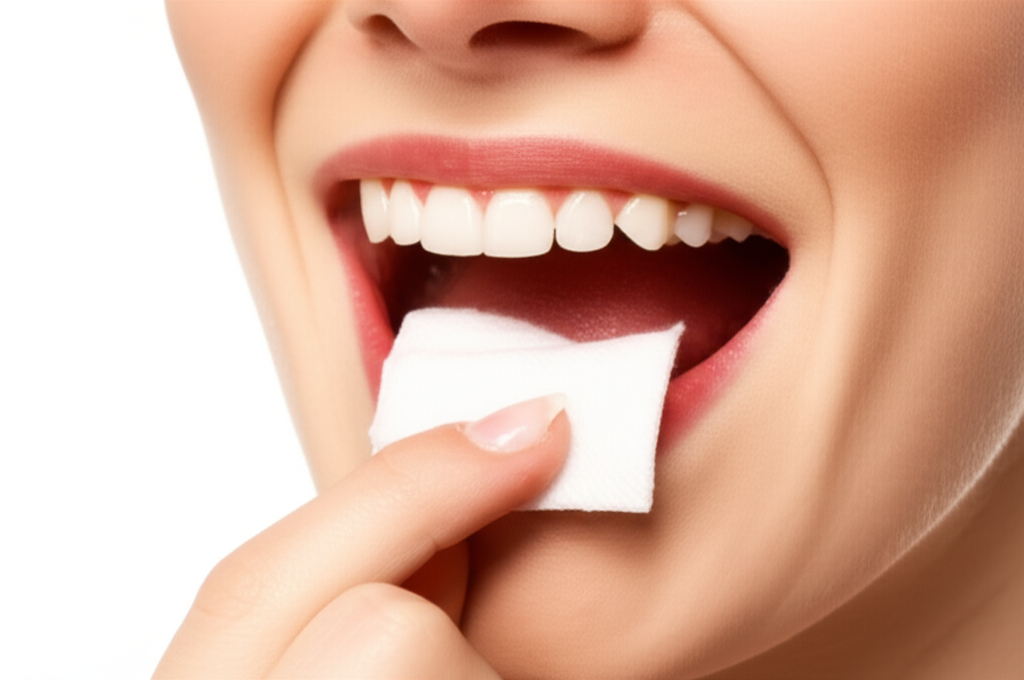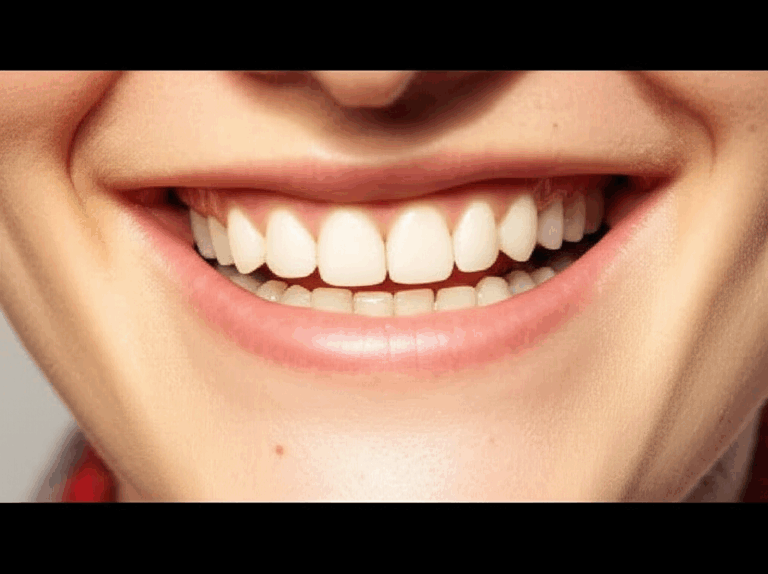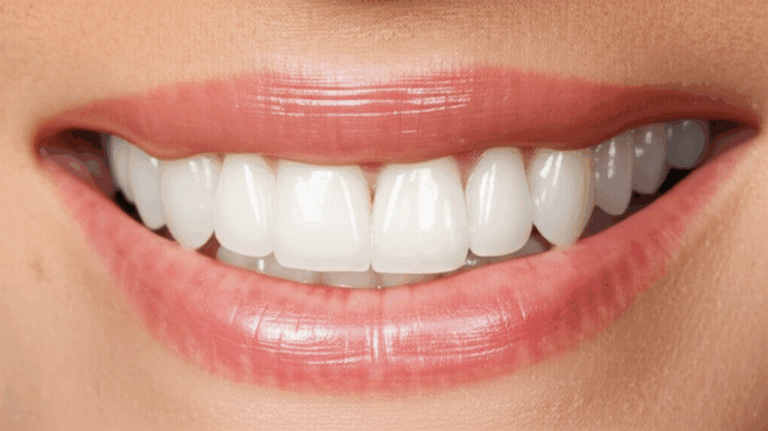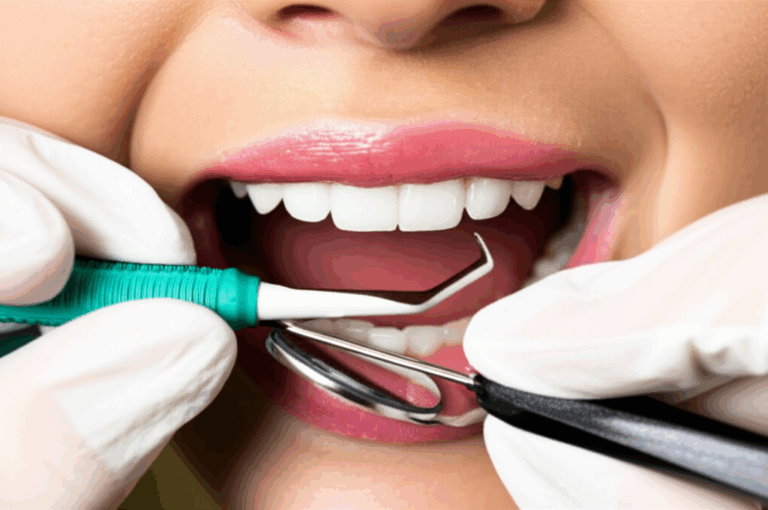
How to Stop Dental Implant Bleeding: Your Quick Action Guide
When you see bleeding after getting a dental implant, it can be scary and annoying. You might wonder what’s normal, how to stop the bleeding quickly, and when you should call your dentist. This article gives you easy step-by-step help and simple advice to make you feel calm if bleeding happens after dental implant surgery. Read on to learn what to do at home and when to get help. By the end, you’ll know how to stop, prevent, and deal with bleeding—plus learn about a smoother recovery.
Table of Contents
Is Bleeding After Dental Implant Surgery Normal?
First big question: Is it normal to bleed after getting a dental implant?
Most people have a bit of bleeding or oozing after dental implant surgery, especially in the first day or two. You might see your spit turn pink, which is fine while your body makes a blood clot. Sometimes, there will be more bleeding if you had bigger procedures like a bone graft or sinus lift. It’s important to know what kind of bleeding is okay and what should worry you.
A small bit of oozing is a good sign; it shows your body is making a blood clot to cover the hole and help the implant connect with your jawbone—this is called osseointegration. If the clot comes out too soon, healing can slow down and your new implant can have problems.
What Causes Bleeding After an Implant?
You may ask: “Why is my implant spot bleeding?” Here are the main reasons to help you stay out of trouble:
Surgical Trauma: Even with a great implant dentist, dental surgery means some cutting of the gum or bone. This usually causes a little bleeding after.
Blood Thinners or Health Problems: Medicines like aspirin or warfarin make your blood clot slower. Diabetes, liver problems, or real bleeding problems can also slow healing and make bleeding last longer.
Smoking or Alcohol: Smoking makes it harder for blood vessels to close up. It slows healing and makes problems more likely. Alcohol thins the blood and hurts the gums.
Bothering the Area: Sucking on a straw, spitting, rinsing, or poking around with your tongue or finger might knock out the blood clot.
Big Surgeries: If you had more than one implant or things like bone grafts, it’s easier to bleed.
Immediate Steps to Stop Dental Implant Bleeding
Blood can make you nervous, but doing the right thing helps you fix it fast. Here’s what to do:
1. Put Direct Pressure with Gauze
- Fold a clean gauze pad into a small square, and put it right on the bleeding spot.
- Bite down gently but hard. You should feel pressure, but not pain.
- Leave the gauze for at least 30 minutes. Only change or check if it gets soaked.
Tip: No gauze? Use a clean, damp cotton cloth.
2. If Gauze Doesn’t Work, Use a Black Tea Bag
- Wet a black (not herbal) tea bag with cold water.
- Squeeze out extra water, put it on the spot, and bite down for 30-45 minutes.
- Tannic acid inside the tea helps close blood vessels and makes clots stronger.
3. Lift Your Head Up
- Sit up and keep your head higher—add pillows at night.
- Lying flat makes more blood go to your mouth and harder to stop the bleeding.
4. Leave the Blood Clot Alone
- Don’t spit or rinse hard the first day or two.
- Don’t use straws or eat hot or spicy foods.
- Don’t poke the spot with tongue or fingers.
5. Put a Cold Compress on Your Cheek
- Hold an ice pack or cold pack on your cheek for 15 minutes at a time.
- Cold makes blood vessels smaller and lowers swelling.
Why Does Direct Pressure and Gauze Work So Well?
When you need to stop bleeding quick, direct pressure with gauze is the best. Why does it work?
Pressing the gauze on the spot helps push blood vessels shut. This slows the bleeding and lets your blood make a strong clot. Pressing the spot stops most mild to medium bleeding at home, as long as you stick with it.
Be patient—don’t lift the gauze to check every few minutes. That pulls off the clot before it can finish.
Black Tea Bag: The Secret Weapon?
Heard about using a black tea bag to stop bleeding? It’s not just an old story—it really works.
Black tea has tannic acid, which closes little blood vessels. This helps your blood make a harder, better clot. So, if plain gauze isn’t enough, try a cold black tea bag from your kitchen.
Don’t use herbal teas (like chamomile); they don’t have the right stuff. Use regular black tea to help stop the blood.
How to Elevate Your Head and Why It Helps
It’s simple: Gravity pulls blood to your head if you lie down flat, which means your mouth might bleed more. If you keep your head higher—sitting up, with two pillows in bed, or never bending over—less blood gets to the spot, and the blood clot can stay put and keep working.
What Should You Avoid to Prevent Restarting the Bleeding?
When bleeding slows or stops, don’t do anything that could make it start again. Here’s a table of what to avoid after an implant:
| Don’t Do This | Why Not |
|---|---|
| Spit or rinse hard | Messes up the healing blood clot |
| Use straws or smoke | Sucks the blood clot out |
| Eat hot, hard, or sharp foods | Scrapes or heats up the spot and slows healing |
| Drink alcohol or hot drinks | Thins blood and hurts the gums |
| Work out or lift heavy things | Raises blood pressure and can start bleeding again |
| Take blood thinners without asking | Makes big bleeding more likely |
When unsure, be careful and let your mouth heal.
When Does Bleeding Mean You Should Call the Dentist?
If you did all the steps, but bleeding is still bad, it might be time for help.
Call your dentist or surgeon right away if:
- Bleeding keeps going and won’t stop. If your gauze is soaked every 15-20 minutes for over 1-2 hours even with good pressure, that’s a problem.
- You have big swelling, fever, or strong pain that keeps getting worse.
- There’s pus, bad taste, or bad smell from the area.
- Numbness stays too long. If you’re still numb longer than you should be, call the office.
- The implant feels loose or moves.
It’s not being silly—it’s about saving your new implant and your health.
For more on tough cases, check with an implant dental laboratory.
How to Support Healing and Prevent Future Bleeding
Let’s talk about healing. Your choices for the next few days really matter.
- Do every step your dentist gives you. These rules keep your implant safe and help you heal better.
- Keep your mouth clean, but gently. Don’t brush the surgery spot at first, but keep other teeth nice. When your dentist says so, rinse gently with salt water.
- No smoking, no alcohol, no trying to cheat. These things make your body heal slower and bleeding happen more.
- Keep illness under control. Health issues like diabetes should be steady, so your body heals fastest.
- Eat smart. Pick soft, cool foods like yogurt or pudding for the first days. Stay away from chips, crackers, or crunchy foods that hurt the spot.
And most important: Don’t skip your follow-up appointments! Your dentist checks if everything is healing right.
For great restorations later, trusted crown and bridge lab care helps your teeth look and work well for a long time.
Understanding the Healing Process: How Long, and Why It Matters
Wonder what happens under your gums after surgery? This is where osseointegration comes in.
Osseointegration means your bone grows around the metal dental implant so it acts like a real tooth root. Here’s what usually happens:
- First 1-2 days: Light bleeding and swelling is normal.
- 3-7 days: Swelling and bleeding slow down. The gums start to close around the implant.
- 2-6 months: Bone grabs onto the implant.
- After that: You get your new tooth or bridge.
Follow all instructions, keep things clean, and don’t use tobacco for best results.
Want to know more about the whole process and expert support? Digital dental lab help makes planning and new teeth easier and safer.
FAQs: Your Questions Answered
Q: Can I rinse with salt water right after implant surgery?
A: Wait at least 24 hours so the blood clot isn’t washed away. After that, gentle rinses are fine if your dentist says so.
Q: How long should I keep the first piece of gauze in?
A: Leave it for 30 minutes (or how your dentist says), then change it only if you need.
Q: Is swallowing blood after implant surgery normal?
A: Some is okay. But if you are swallowing a lot or your mouth keeps filling with blood, call your dental office.
Q: What if I accidentally dislodge the blood clot?
A: Do the direct pressure and gauze steps again. Don’t suck, rinse, spit, or use heat. If bleeding keeps coming back, call your dentist.
Q: Can foods or drinks cause new bleeding?
A: Hot, spicy, or crunchy foods can hurt the healing spot, so just eat soft and cool foods.
Quick-Glance Summary: Key Takeaways
- Mild bleeding and pink spit is normal for the first 1-2 days; lots of or non-stop bleeding is not.
- Stop bleeding fast by biting on gauze, or try a black tea bag for backup. Be patient!
- Keep your head up high and don’t poke, spit, smoke, or drink alcohol.
- Call your dentist if strong bleeding won’t stop, or you see infection signs or wobbling.
- Follow all post-op instructions to heal well and keep your new teeth strong.
- Start good habits now: eat soft foods, keep health problems under control, and clean your mouth gently.
- Want quality dental work? China dental lab, implant dental laboratory, or crown and bridge lab can help with good, affordable choices.
Bleeding after your dental implant doesn’t have to make you panic. With the right steps, care for healing, and smart choices, you’ll be smiling and eating again before you know it!
References:
- American Association of Oral and Maxillofacial Surgeons. (n.d.). Patient care protocols.
- Misch, C. E. (2020). Dental Implant Prosthetics (2nd ed.).
- National Institute of Dental and Craniofacial Research.
- Local dental care providers’ post-op instruction sheets (2024).








